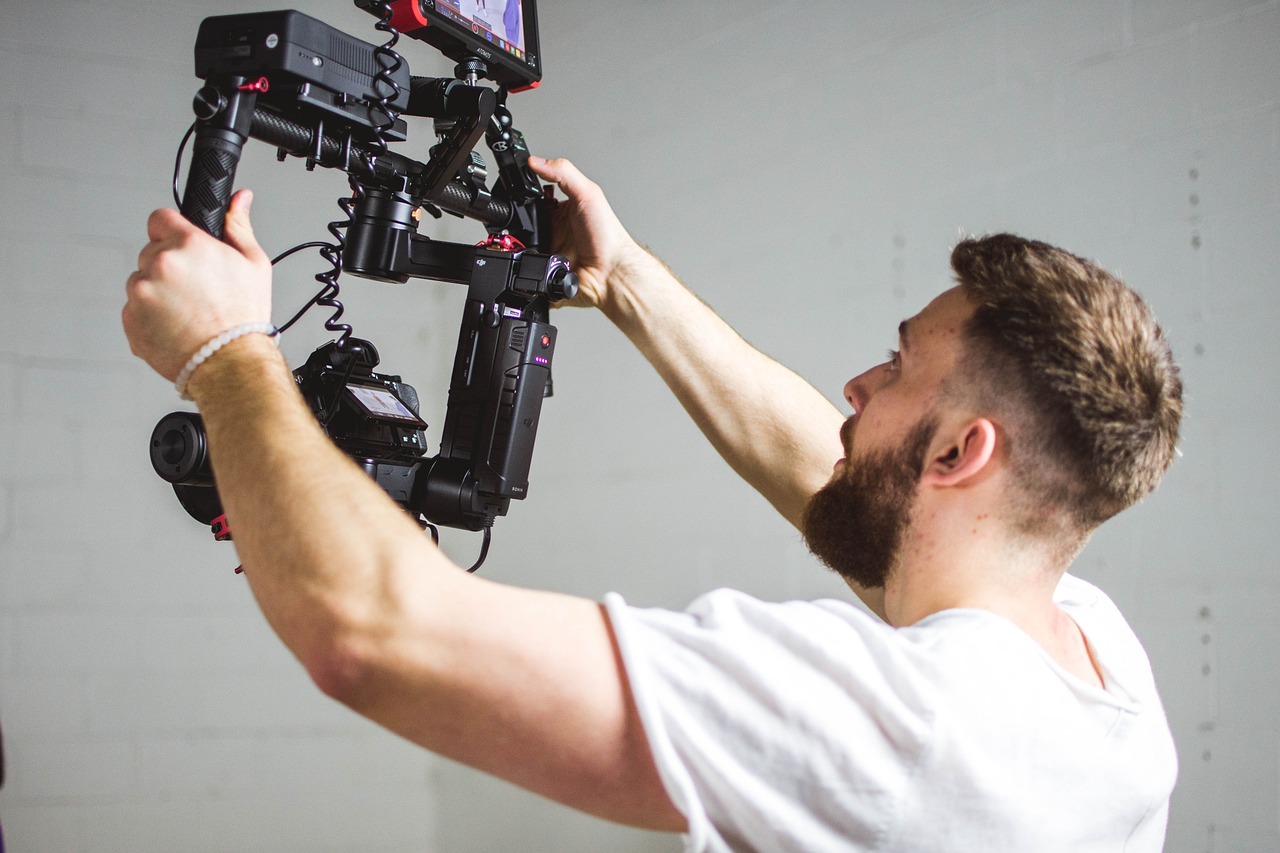The Legal Essentials Every Filmmaker Should Know

Welcome to the thrilling world of filmmaking—a realm where creativity dances with legality and passion meets paperwork. Whether you’re an aspiring director ready to shoot your first short film or a seasoned producer navigating complex contracts, understanding the legal landscape is crucial to turning your vision into reality.
In this blog post, we’ll unravel the essential legal elements every filmmaker should know—from copyright protections that safeguard your work to contracts that ensure everyone on set is on the same page. Don’t let legal pitfalls dim your cinematic dreams; arm yourself with knowledge and ensure you’re ready to shine in the spotlight. Grab your popcorn—let’s dive into the must-know legal essentials for filmmakers.
Securing the Rights
 Every great film starts with a great story, but before you can bring that story to life, you need to ensure you have the legal right to do so. This usually means securing the rights to a book, play, article, or even a real-life event. For example, if you’re adapting a bestselling novel, you’ll need to negotiate with the author or their estate to obtain the rights.
Every great film starts with a great story, but before you can bring that story to life, you need to ensure you have the legal right to do so. This usually means securing the rights to a book, play, article, or even a real-life event. For example, if you’re adapting a bestselling novel, you’ll need to negotiate with the author or their estate to obtain the rights.
This process can be tricky, especially if multiple parties are involved or if the rights are already tied up in other projects. And let’s not forget about life rights—if your film is based on a real person’s story, you’ll need their permission (or their family’s) to avoid a lawsuit. Questions like who wrote the bacchae or how do you get the rights to a movie are often asked, and the answer is that it depends on the specific project.
Drafting Contracts
Once the rights are secured, it’s time to get everyone on board—and that means contracts. From the director and actors to the cinematographer and costume designer, every person involved in the production needs to sign on the dotted line.
These contracts outline everything from payment and working hours to intellectual property rights and credit. And let’s not forget about the fine print. For instance, who owns the rights to the final cut? What happens if the film goes over budget? These details might not be as exciting as a car chase, but they’re essential to keeping the production on track.
Navigating Union Rules
If you’re working with unionized talent (and chances are, you will be), you’ll need to navigate a maze of union rules and regulations. Unions like SAG-AFTRA (Screen Actors Guild) and the DGA (Directors Guild of America) have strict guidelines about everything from wages and working conditions to residuals and royalties.
Breaking these rules can lead to costly disputes or even a shutdown of your production. So, it’s crucial to have a legal team that’s well-versed in union agreements and can ensure you’re playing by the rules.
Clearing Music and Footage
Music can make or break a film, but using that perfect song isn’t as simple as hitting “play.” You’ll need to secure the rights to any music you want to use, which can involve negotiating with record labels, publishers, and artists.
The same goes for any archival footage or stock images. Even a few seconds of unlicensed material can lead to a lawsuit, so it’s essential to clear everything before it makes it into the final cut.
Handling Distribution Deals
Once the film is finished, the legal work isn’t over. You’ll need to negotiate distribution deals to get your movie in front of an audience. This can involve everything from streaming rights and theatrical releases to international distribution and DVD sales.
These deals can be incredibly complex, with terms that affect everything from revenue sharing to marketing budgets. And let’s not forget about the fine print—like who has the final say over the trailer or how long the film will be available on a particular platform.
Protecting Intellectual Property
 Finally, there’s the issue of intellectual property. Once your film is out in the world, you’ll want to make sure no one else can profit from your hard work. This means registering copyrights, trademarks, and any other legal protections that apply. It’s also important to be vigilant about piracy and unauthorized use. In today’s digital age, it’s easier than ever for someone to rip off your work, so having a legal team on standby is essential.
Finally, there’s the issue of intellectual property. Once your film is out in the world, you’ll want to make sure no one else can profit from your hard work. This means registering copyrights, trademarks, and any other legal protections that apply. It’s also important to be vigilant about piracy and unauthorized use. In today’s digital age, it’s easier than ever for someone to rip off your work, so having a legal team on standby is essential.
Filmmaking is a collaborative art, but it’s also a legal minefield. From securing rights to navigating contracts, the law plays a crucial role in every step of the process. So, the next time you’re watching the credits roll, take a moment to appreciate the legal eagles who helped bring the film to life. Because without them, that blockbuster might never have made it to the big screen.




